Couples Rehab Fundamentals: A Comprehensive Guide
When addiction enters a relationship, it doesn’t just affect one person—it transforms the entire dynamic between partners. According to the Substance Abuse and Mental Health Services Administration, over 20 million Americans struggle with substance use disorders, and many of these individuals are in committed relationships. The ripple effects of addiction spread through shared lives, creating patterns of dysfunction that can seem impossible to untangle alone. This is where couples rehab fundamentals come into play.
At Couples Rehabs, we’ve witnessed firsthand how addressing addiction as a unit rather than as individuals can dramatically improve outcomes. Couples rehab fundamentals provide the framework for healing not just the addiction, but the relationship that has been strained by it. In this comprehensive guide, we’ll explore everything you need to know about couples-focused addiction treatment, from core principles to finding the right program for your unique situation.
The Foundational Principles of Couples Rehab
The foundation of effective couples rehab rests on several key principles that guide the therapeutic process. Unlike traditional addiction treatment that focuses primarily on the individual, couples rehab acknowledges that addiction exists within a relationship system.
The first fundamental principle is mutual recovery. Both partners are considered active participants in the healing process, regardless of which partner has the substance use disorder. This doesn’t mean both must be struggling with addiction—rather, it recognizes that both have been affected by it and both need to heal.
The second principle is unified approach to change. Couples rehab fundamentals emphasize that sustainable recovery requires changing the relationship patterns that may have developed around the addiction. I’ve seen couples who’ve been together for decades completely transform their interaction patterns through this unified approach.
Shared accountability forms the third principle. Each partner takes responsibility for their contribution to relationship dynamics without blame or shame. One couple I worked with—let’s call them Mark and Sarah—made remarkable progress when they shifted from finger-pointing to acknowledging their individual roles in their relationship challenges.
Finally, systemic perspective acknowledges that addiction doesn’t exist in isolation. It’s influenced by and influences family dynamics, social networks, and other life factors. Effective couples rehab addresses these broader contexts rather than treating addiction as a standalone issue.
Couples vs. Individual Addiction Treatment
How does couples rehab work compared to individual treatment? The differences are significant and can make a substantial impact on recovery outcomes.
Individual addiction treatment focuses exclusively on the person with the substance use disorder, their triggers, behaviors, and personal recovery journey. While valuable, this approach can create a recovery divide, where one partner undergoes significant change while the other remains in pre-existing patterns.
Couples rehab, in contrast, brings both partners into the healing process. This approach addresses relationship dynamics that may contribute to substance use while building a recovery-supportive environment at home. Research published in the Journal of Substance Abuse Treatment found that couples who participated in treatment together showed significantly higher abstinence rates than those where only one partner received treatment.
“Working with couples together allows us to address enabling behaviors, codependency, and communication patterns in real-time,” notes Dr. Maria Hernandez, addiction specialist. “We can immediately practice new skills with the people they matter most with.”
Another key difference lies in the focus of therapy. Individual treatment primarily addresses personal triggers and coping mechanisms, while couples rehab fundamentals encompass relationship repair, trust building, and establishing healthy boundaries together. Both partners learn to understand addiction as a condition affecting their shared life rather than just one person’s problem.
Key Elements of Couples Rehab Programs
Joint Assessment and Individual Evaluations
Effective couples rehab begins with comprehensive assessments that evaluate both individual and relationship factors. This dual-focus assessment helps treatment providers understand the complete picture of addiction within the relationship context. Each partner undergoes individual screening for substance use, mental health concerns, and personal history, while together they’re assessed for relationship satisfaction, communication patterns, and interactional dynamics.
Substance Abuse Education for Both Partners
Understanding the nature of addiction is crucial for both partners. Education about the neurobiological aspects of substance dependence helps remove shame and blame while creating a foundation for empathy. Partners learn what to expect during withdrawal, recovery, and beyond—knowledge that’s essential for what to expect in couples rehab.
Communication Skills Development
Years of addiction often erode healthy communication. Couples learn to replace accusatory language (“You always…”) with personal experience statements (“I feel…”). They practice active listening techniques and develop skills for discussing difficult topics without escalating into conflict. These foundational communication skills become the bedrock for relationship healing.
Boundary Setting and Maintenance
Many couples affected by addiction struggle with appropriate boundaries. The partner without a substance use disorder may have developed controlling behaviors in response to addiction-related behaviors, while the partner with addiction may resist accountability. Couples rehab fundamentals include learning to establish and respect healthy boundaries that support recovery while rebuilding trust.
Relapse Prevention Planning as a Unit
Unlike individual treatment, couples rehab creates relapse prevention plans that involve both partners. These plans identify shared triggers, high-risk situations, and strategies for supporting each other through challenging times. This collaborative approach significantly strengthens recovery resilience.
The Role of Communication in Recovery
Communication dysfunction is both a potential contributor to and result of addiction within relationships. The role of communication in couples rehab cannot be overstated—it’s the vehicle through which healing occurs.
Addiction typically fosters patterns of dishonesty, avoidance, and defensiveness. Partners develop habits of accusation, monitoring, and distrust. Breaking these entrenched patterns requires deliberate intervention and practice.
In couples rehab, partners learn to communicate without the filters and barriers that addiction created. They practice vulnerable expression of feelings, needs, and fears—often for the first time in years. One technique frequently taught is reflective listening, where partners demonstrate understanding before responding.
“I watched one couple transform their entire dynamic through communication work,” shares a counselor at Couples Rehabs. “They went from interrupting and dismissing each other to genuinely hearing and validating each other’s experiences, even when difficult.”
Couples also learn to communicate effectively about triggers and cravings. The partner in recovery practices openly discussing urges without shame, while the other partner learns to respond with support rather than fear or control. This transparent communication about addiction itself reduces secrecy and builds trust.
Assessment of Relationship Dynamics
Understanding the unique patterns within each relationship is crucial to effective treatment. Comprehensive assessment of relationship dynamics forms a cornerstone of couples rehab fundamentals.
During assessment, therapists look for specific patterns that commonly emerge in relationships affected by addiction:
- Enabling behaviors that unintentionally support continued substance use
- Codependent dynamics where personal identities become enmeshed
- Power imbalances that may have developed around addiction
- Communication patterns that perpetuate conflict or avoidance
- Attachment styles that influence how partners respond to stress
Assessment typically involves both observational and self-report measures. Therapists observe couples interacting during structured exercises, noting communication styles, power dynamics, and emotional responsiveness. Couples may complete standardized assessments such as the Dyadic Adjustment Scale or the Addiction Severity Index-Couples Version.
The insights gained from this assessment process inform the treatment plan, highlighting specific couples therapy techniques in addiction recovery that will be most beneficial for each unique relationship.
Understanding Codependency in Addiction Recovery
Codependency frequently accompanies addiction in relationships and must be addressed as part of couples rehab fundamentals. This pattern develops gradually as the non-addicted partner becomes increasingly focused on controlling, managing, or “fixing” their partner’s addiction.
Signs of codependency that might emerge during assessment include:
- Excessive caretaking or enabling behavior
- Difficulty identifying and expressing personal needs
- Self-worth tied to the partner’s behavior or sobriety
- Extreme reactions to the partner’s moods or actions
- Persistent sacrifice of personal wellbeing for the relationship
In couples rehab, addressing codependency involves helping both partners recognize these patterns without judgment. The focus shifts to developing healthy interdependence, where both individuals maintain their autonomy while supporting each other appropriately.
“Healing codependency isn’t about separating completely,” explains a relationship therapist at Couples Rehabs. “It’s about finding the balance between connection and individual identity. Many couples find this balance creates a more authentic relationship than they had even before addiction.”
Partners learn to differentiate between supportive behaviors and enabling ones, practicing new responses that honor both self-care and relationship care. This transformation of codependent patterns constitutes one of the most profound benefits of couples therapy in rehab.
Goals and Outcomes of Couples Rehab
The fundamental goals of couples rehab programs extend beyond achieving sobriety to creating a relationship that supports ongoing recovery and fulfillment for both partners.
Short-term goals typically include:
- Stabilization of substance use
- Establishment of safety within the relationship
- Development of basic communication skills
- Understanding of addiction as a shared challenge
- Creation of initial recovery plan
Long-term goals focus on deeper healing:
- Sustained sobriety and relapse prevention
- Restoration of trust and intimacy
- Development of healthy conflict resolution skills
- Healing of individual and relationship trauma
- Creation of a meaningful shared life in recovery
Couples rehab success rates vary based on numerous factors, including the severity and duration of addiction, presence of co-occurring disorders, and commitment to the treatment process. Research indicates that couples who complete treatment together show higher rates of sustained sobriety (up to 60% abstinent at one-year follow-up) compared to individuals in recovery without partner involvement.
“What’s remarkable about couples who heal together,” notes a counselor at Couples Rehabs, “is that they don’t just achieve sobriety—they create relationships that are stronger and more authentic than before addiction entered their lives.”
Therapeutic Approaches in Couples Rehab
Several evidence-based therapeutic approaches form the core of couples rehab fundamentals. Each brings unique strengths to the recovery process.
Behavioral Couples Therapy (BCT) has the strongest research support for addiction treatment. This structured approach focuses on creating a recovery contract, developing communication skills, and increasing positive exchanges between partners. BCT has demonstrated effectiveness in reducing substance use and improving relationship satisfaction simultaneously.
Emotionally Focused Therapy (EFT) addresses the attachment needs and emotional bonds between partners. By helping couples identify and express underlying emotions that drive conflict patterns, EFT creates deeper emotional connection and security. This emotional foundation supports recovery by reducing emotional triggers for substance use.
Cognitive Behavioral Therapy for Couples helps partners identify and change thought patterns that contribute to relationship distress and substance use. Partners learn to recognize cognitive distortions (like mind-reading or catastrophizing) that fuel conflict and relapse risk.
Family Systems Therapy examines how addiction functions within the broader family system. This approach helps couples understand how intergenerational patterns, family roles, and relationship triangles may contribute to addiction maintenance.
Most couples rehab programs utilize an integrative approach, drawing from multiple therapeutic modalities based on each couple’s specific needs and challenges.
The Couples Rehab Process: Step by Step
Understanding what to expect in the couples rehab process helps partners prepare for the journey ahead. While programs vary, most follow a similar progression.
Initial Assessment and Evaluation
The process begins with comprehensive evaluation of both the addiction severity and relationship dynamics. Both partners complete individual assessments and participate in joint interviews. This phase typically takes 1-3 days and establishes the foundation for personalized treatment planning.
Detoxification Considerations
If needed, medically supervised detoxification precedes formal treatment. Some inpatient couples rehab programs offer on-site detox, while others require completion of detox before admission. During this phase, the non-addicted partner typically receives support and education to prepare for the next steps.
Core Treatment Phase
The primary treatment phase in inpatient couples rehab programs generally lasts 30-90 days, while outpatient couples rehab for addiction may extend 3-6 months with decreasing intensity. During this phase, couples participate in:
- Individual therapy sessions for personal issues
- Couples therapy sessions for relationship healing
- Group therapy with other couples
- Educational sessions about addiction and recovery
- Skill-building workshops for communication and relapse prevention
Relationship Rebuilding
As treatment progresses, the focus shifts increasingly toward rebuilding the relationship foundation. Couples practice new communication patterns, establish healthy boundaries, and begin addressing deeper issues like trust, intimacy, and shared values that may have been damaged by addiction.
Preparation for Post-Treatment Life
The final phase of treatment focuses on transition planning. Couples develop detailed aftercare plans, identify potential challenges, and establish support systems. They practice recovery-supporting routines and communication patterns that will sustain them beyond the structured treatment environment.
Treating Co-Occurring Disorders in Couples
Couples rehab for co-occurring disorders recognizes that many individuals struggling with addiction also face mental health challenges. Common co-occurring conditions include depression, anxiety, trauma-related disorders, and personality disorders.
Integrated treatment addresses both the substance use disorder and mental health conditions simultaneously rather than sequentially. This approach recognizes that these conditions often interact and reinforce each other.
For couples, this integrated approach is particularly important as mental health symptoms can significantly impact relationship dynamics. For example, one partner’s depression may contribute to withdrawal and isolation, while anxiety might manifest as controlling behavior—both patterns affecting recovery efforts.
Effective couples rehab provides:
- Dual diagnosis assessment for both partners
- Medication management when appropriate
- Trauma-informed therapy approaches
- Skills for supporting a partner with mental health challenges
- Education about the interaction between mental health and addiction
With comprehensive treatment for co-occurring disorders, couples develop understanding and strategies that address the full complexity of their challenges rather than focusing narrowly on substance use alone.
Essential Aftercare for Couples in Recovery
The transition from structured treatment to everyday life represents a critical juncture in recovery. Comprehensive aftercare planning stands among the most important couples rehab fundamentals.
Effective aftercare typically includes:
Continuing Couples Therapy provides ongoing support as couples navigate real-world challenges. Sessions may start weekly and gradually decrease in frequency as the couple gains stability in recovery.
Support Groups for Couples such as Recovering Couples Anonymous or couples-specific 12-step meetings offer community and shared experience with others on similar journeys.
Individual Recovery Maintenance ensures each partner maintains their personal recovery program, whether through 12-step participation, individual therapy, or other support systems.
Regular Check-ins and Recovery Planning help couples assess their progress, identify emerging challenges, and adjust their approach as needed. Many couples establish weekly “recovery meetings” to discuss sobriety, relationship needs, and goals.
Lifestyle Redesign involves creating daily routines and social connections that support recovery rather than trigger relapse. Couples learn to build a shared life around activities and relationships that bring fulfillment without substances.
Most addiction specialists recommend at least 12 months of active aftercare involvement, with ongoing maintenance thereafter. Research indicates that couples who maintain consistent aftercare participation show significantly higher rates of both relationship satisfaction and sustained sobriety.
Finding the Right Couples Rehab Program
Finding a couples rehab center that meets your specific needs requires careful research and consideration. Not all programs are created equal, and the fit between your situation and the treatment approach significantly impacts outcomes.
When evaluating potential programs, consider these factors:
Treatment Philosophy and Approach: Look for programs that specifically focus on couples rather than those that simply allow partners to attend. True couples rehab fundamentals integrate relationship healing throughout all aspects of treatment.
Staff Credentials and Specialization: Ensure the treatment team includes professionals with specific training in both addiction treatment and couples therapy. Dual expertise is essential for effective couples work.
Program Structure and Duration: Consider whether inpatient or outpatient treatment best suits your needs. Inpatient programs offer immersive treatment but require time away from work and family, while outpatient options provide flexibility but less intensive support.
Co-Occurring Disorder Treatment: If either partner has mental health conditions alongside addiction, ensure the program offers comprehensive dual diagnosis treatment.
Aftercare Planning: Strong programs begin preparing for post-treatment success from day one and offer robust aftercare support and resources.
Insurance Coverage and Financial Options: Treatment represents a significant investment in your future. Look for programs that work with your insurance and offer payment options if needed.
At Couples Rehabs, we recommend scheduling consultation calls with potential programs to ask detailed questions about their approach and experience with situations similar to yours.
Frequently Asked Questions About Couples Rehab
1. Can we attend rehab if only one partner has an addiction?
Yes, couples rehab can be highly effective even when only one partner has a substance use disorder. The non-addicted partner participates as a support person and works on relationship dynamics that may have developed around the addiction. Both partners benefit from improved communication skills and relationship healing.
2. Will we stay together during inpatient treatment?
This varies by facility. Some couples rehab programs offer shared accommodations for partners, while others provide separate living spaces but joint therapy. Research suggests that programs allowing appropriate together time while also ensuring individual work tend to be most effective.
3. What if we’re not married? Can unmarried couples attend rehab together?
Absolutely. Couples rehab is appropriate for any committed partners, regardless of marital status. The important factor is the commitment to working on recovery and the relationship simultaneously.
4. How do we know if we need couples rehab versus individual treatment?
Consider couples rehab if: the relationship has been significantly impacted by addiction; relationship issues seem to trigger substance use; one partner’s behavior enables addiction; or you’re committed to healing together. Individual treatment might be more appropriate if the relationship is abusive or if one partner isn’t ready to participate in the recovery process.
5. What happens if we decide to separate during or after treatment?
Quality couples rehab programs help partners make thoughtful decisions about their relationship future. If separation becomes the healthiest choice, therapists support both individuals through this transition while maintaining focus on recovery. Some couples find they can separate amicably and still support each other’s sobriety.
6. How much does couples rehab cost?
Costs vary widely based on program type, duration, and location. Inpatient programs typically range from $20,000-$50,000 for a 30-day stay, while outpatient programs may cost $5,000-$15,000 for a complete course of treatment. Many insurance plans provide partial coverage for addiction treatment, though coverage for the non-addicted partner varies by policy.
7. Will insurance cover treatment for both of us?
Insurance typically covers treatment for the partner with a diagnosed substance use disorder. Coverage for the other partner depends on your specific insurance plan and whether they have a diagnosable condition requiring treatment. Many couples rehab programs work with insurance companies to maximize coverage and offer payment plans for remaining costs.
8. How long does couples rehab last?
Standard inpatient programs run 30-90 days, while outpatient treatment typically spans 3-6 months with decreasing intensity. However, recovery is a long-term process. Most couples continue with some form of therapy or support group participation for at least a year after formal treatment ends.
9. Can we bring our children to rehab?
Most couples rehab programs don’t accommodate children on-site, though some offer family visitation or family therapy sessions. Part of preparation for treatment involves making appropriate childcare arrangements. Some programs can provide referrals to resources for temporary childcare during treatment.
10. What’s the success rate for couples who attend rehab together?
Research indicates that couples who complete treatment together show higher rates of sustained sobriety (approximately 60% abstinent at one-year follow-up) compared to individuals in recovery without partner involvement (around 30%). Relationship outcomes are similarly positive, with most couples reporting improved relationship satisfaction and communication after treatment.
Taking the First Step Together
Embarking on the journey of couples rehab represents a profound commitment to both recovery and relationship healing. The couples rehab fundamentals outlined in this guide provide a roadmap for this journey, but each couple’s path will be uniquely their own.
At Couples Rehabs, we’ve witnessed the transformative power of addressing addiction within the relationship context. Partners who once felt hopeless discover new ways of connecting, communicating, and supporting each other’s growth. The work isn’t easy, but the rewards—a healthier relationship and sustainable recovery—are immeasurable.
If you’re considering couples rehab, remember that reaching out for information doesn’t commit you to treatment. It simply opens the door to possibilities for healing. Contact us today to discuss how couples rehab fundamentals might apply to your specific situation and take the first step toward a healthier future—together.
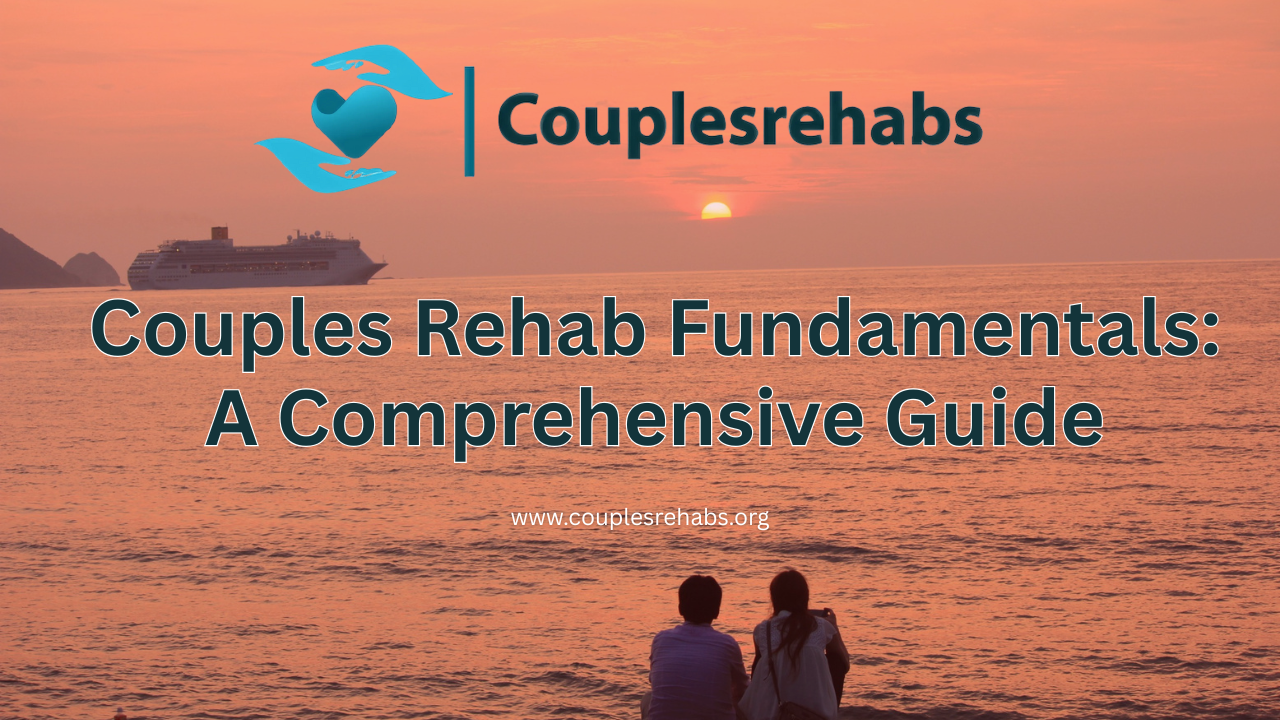
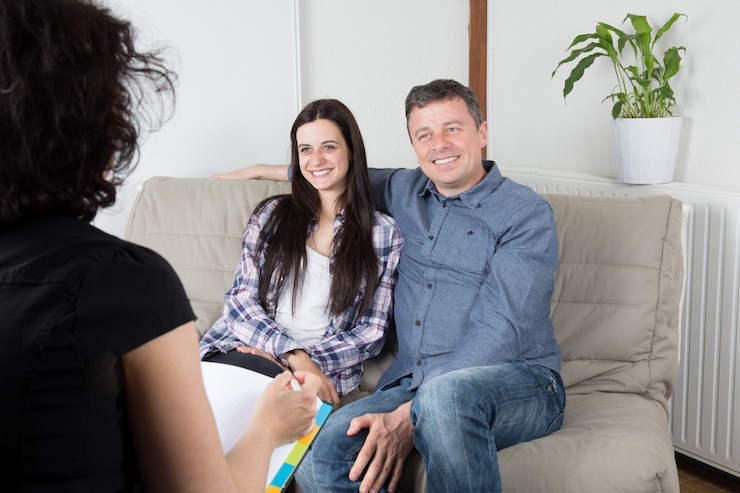


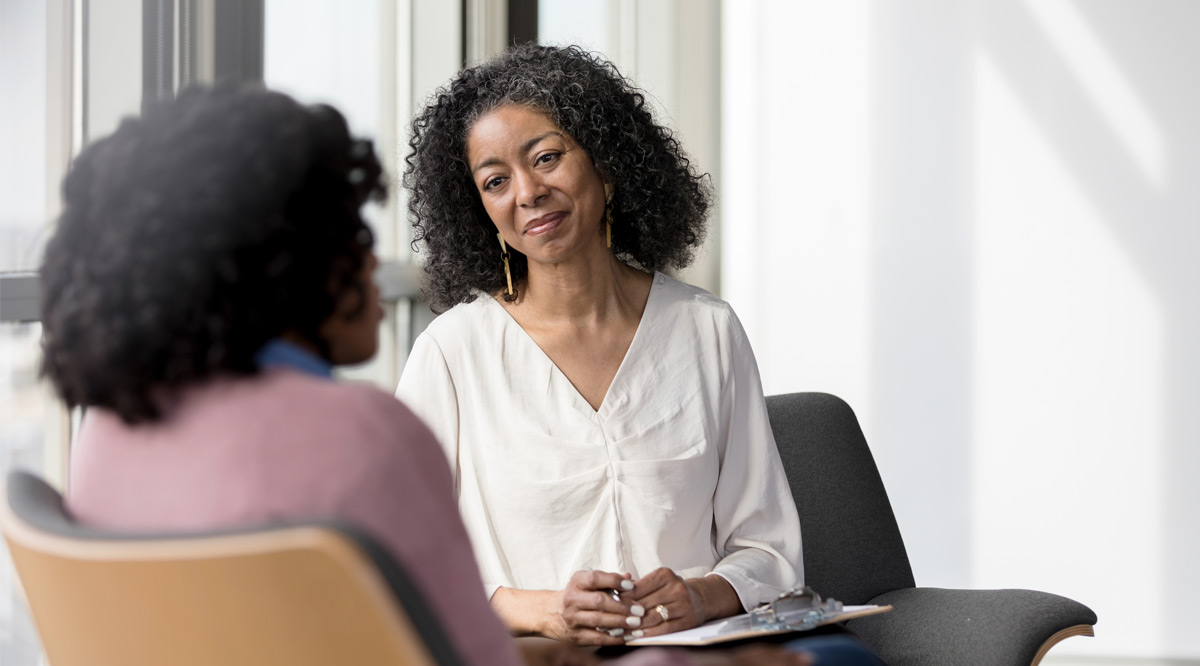
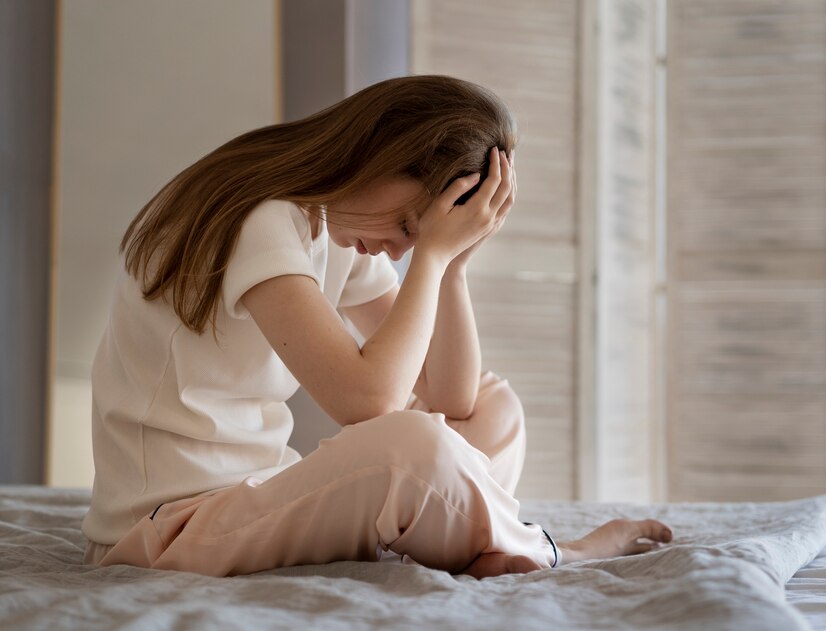
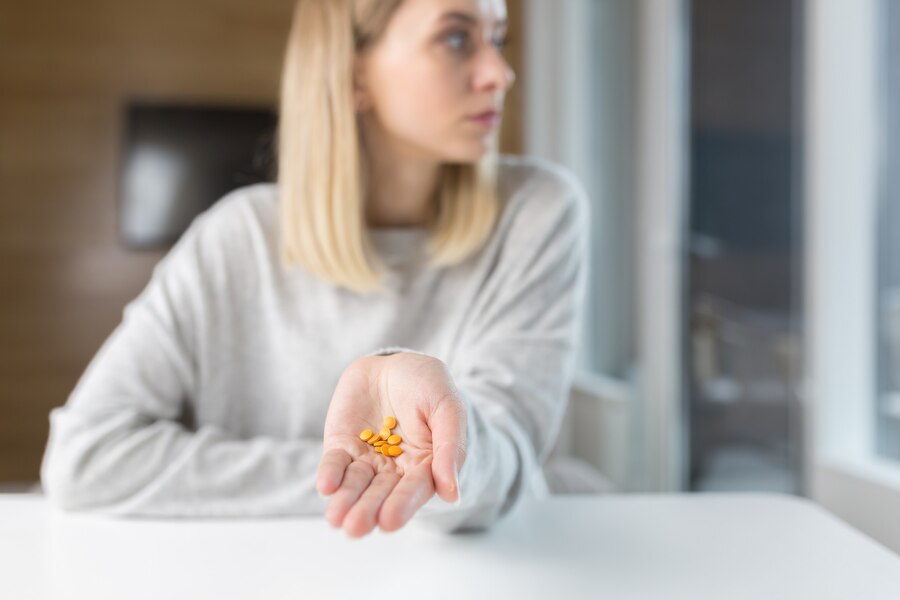

Recent Comments